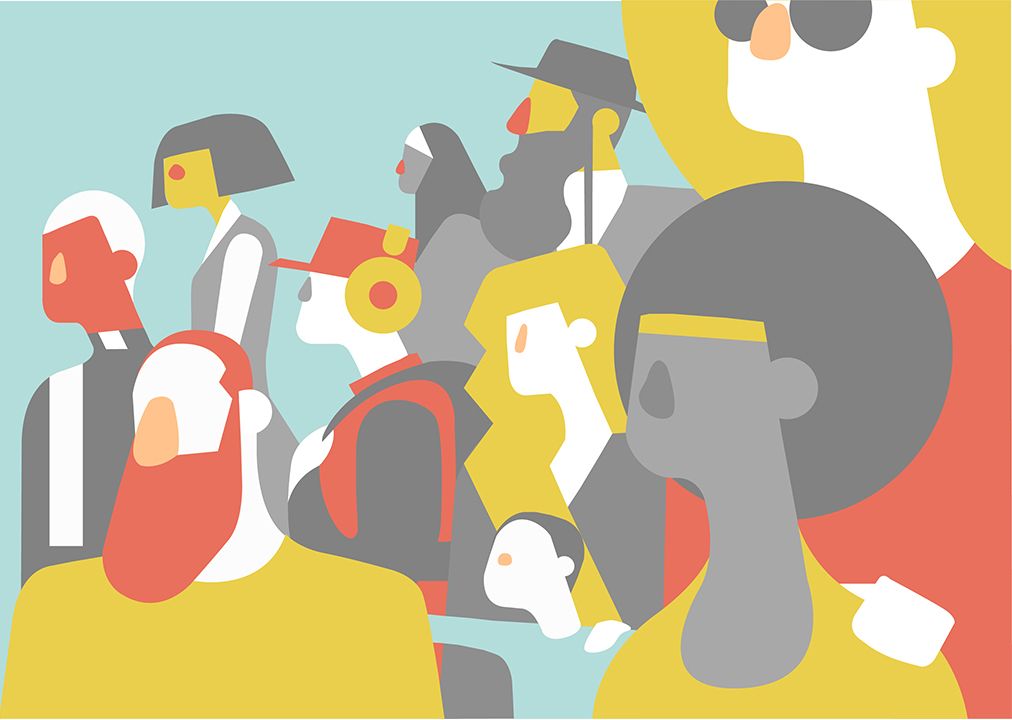What do I actually mean when I say diversity? I mean we need to include more people of a variety of different colours or cultural backgrounds. But I also mean a variety of ages, sexes, sexual preference, physical conditions (healthy and people with a handicap or illness) or social class/affluency (poorer and better off). What I really want is a variety of different life experiences, so we get a more complete reflection of society in our movement and with that a better understanding of society, how we talk about topics and approach people.
Then – while I was in a tangle about the above – I started reading Collaborating with the Enemy. How to work with People You Don’t Agree with, or Like or Trust by Adam Kahane. One of the best books I have read recently, because it is so drastically optimistic. All though you might not thinks so when you read this quote from the preface, written by Peter Block, writer of Communities:
